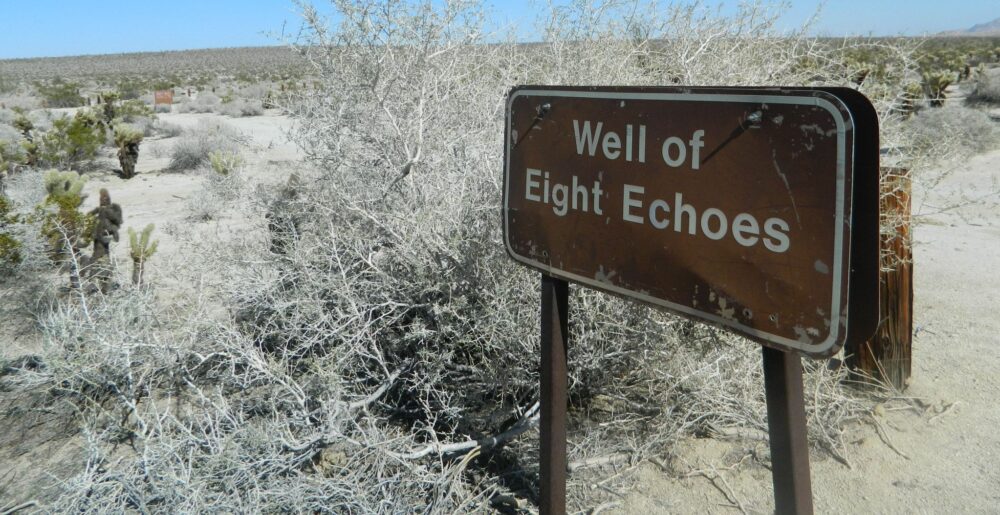six human needs
now browsing by tag
The power of noticing
December 23’s Note from the Universe: Who would have ever thought that you would see, feel, and intuitively know so much that others completely miss? You’ve changed absolutely everything.
Ten+ years ago, I couldn’t think of a single person who could say that I was special to her/him. I don’t mean romantically. I mean in the sense that it mattered to anyone that I got up in the morning, that my existence was not just important, but crucial. I don’t remember precisely why I was in that space, but I remember the blackness, and I remember having enough sense to reach out to close friends. (Here’s a terrific post about crawling out of the hole.)
I had lunch with one of them, and when I told her what I was struggling with, she was so shocked that tears sprang to her eyes.
That image has stayed with me because her surprise was genuine, and I think that’s what made me realize my perspective was skewed.
I was beyond tears, myself. My despair was edged with a curious, baffled detachment: Why couldn’t I name anyone who could say that I was special? And why did it matter so much? I hated that need, and I hated myself for being pathetic.
Lately I’ve been studying metaphors and human needs, for both my writing and my personal growth. I don’t want to be stuck focusing all my energy on fulfilling the two core human needs (certainty and significance) to the detriment of the other four, which I wrote about in my last post.
I’ve picked up several books on metaphors:
-
by Wendy Sullivan, Judy Rees
- I Is an Other: The Secret Life of Metaphor and How It Shapes the Way We See the World
by James Geary
- Metaphors in Mind: Transformation through Symbolic Modelling
by James Lawley, Penny Tompkins
- Resolving Traumatic Memories: Metaphors and Symbols in Psychotherapy
by David Grove, B.I. Panzer
David Grove is particularly important because it is he who came up with the concept of “clean language”–language which is free from your own metaphors and which reflects those of the person you are listening to. It’s a therapeutic tool, but the use of clean language can transform anyone’s listening skills. I’m finding Sullivan and Rees’ book to be more helpful than Grove’s because of the practical applications they suggest.
For example, they present two of twelve core questions of Clean Language in Chapter One:
- (And) What kind of X (is that X)?
- (And) Is there anything else about X?
They explain that “the X in the question refers to a word or phrase the speaker has used” and the question ‘What kind of X?’ invites them to ‘zoom in’ on the specific details, while ‘Anything else about X?’ can help them ‘zoom out’ to the wider context or to focus on other details about ‘X'” (2). Then they share this anecdote for illustration:
A mother who had just learned some Clean Language picked up her daughter Jenny from school. When Jenny showed her a picture of a house she had drawn, Mum asked, “What kind of house is that house?”, “And is there anything else about that house?” and so on. What resulted was one of the longest after-school conversations they’d ever enjoyed. The next day after school, Jenny demanded, “Ask me some more questions, Mummy!” (2-3)
The purpose of using Clean Language is to strip your own metaphors and assumptions out of the discourse so that you can truly hear the other person. I’m reading this book and practicing on myself so I can discover my own metaphors, and so I can flesh out my characters.
I’ve also been assessing how I can better meet my own six core human needs. (This post is good, too.) Ten years ago I was focusing on significance; today I’m learning about how I can meet my need for certainty and contribution. Certainty, for me, means I keep my schedule from being blowtorched by others’ urgent needs. It means I have a list of the 6 most important things I need to accomplish each day (I don’t know what the deal is with the number 6) and that I have a specific plan in place for each of my long-term goals. These things make me feel like I have some measure of control in my unpredictable uproarious life.
My need to contribute, I’m finding, is complex. I thought it was a simple matter of giving things to people: books, clothes, food. But giving away thousands of books hasn’t met that need the way connecting with people does. (Read about why I give away books here.) I watched a brief TED talk this morning that showed me a way I can contribute: You Matter I hope it inspires you, too.







 D5 Creation
D5 Creation